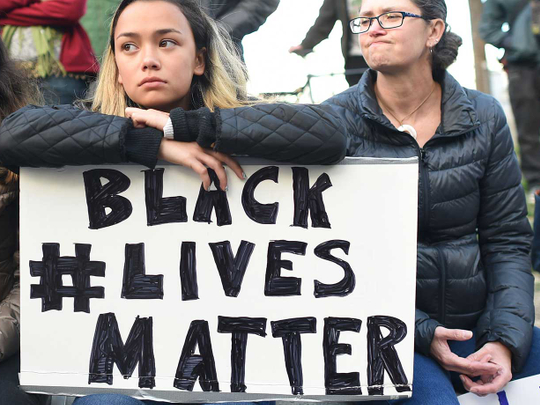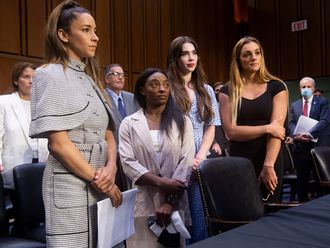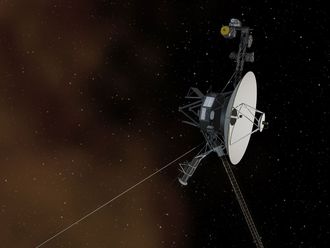
Dallas: The week started with scenes from a cellphone video of an African-American man lying on the ground being fatally shot by a Louisiana police officer, and an astonishing Facebook Live feed of a woman in Minnesota narrating after her African-American boyfriend was killed by an officer during a traffic stop.
It ended with horrific live television coverage of police officers’ being gunned down by at least one sniper at what had been a peaceful march protesting the police shootings.
The convulsive events further divided a nation already torn over race and law enforcement, raising anguished pleas for unity and echoes of the protests and divisions of the late 1960s and early 1970s. The New York Post’s front page blared “CIVIL WAR.” The Drudge Report had the headline “Black Lives Kill.” In Minnesota on Thursday night, some protesters had chanted, “Kill the police.”
“Even in the 1960s and 1970s, when there was a lot of tension around policing and civil rights and the anti-war movement, we’d never seen anything like what happened in Dallas,” said Darrel Stephens, the executive director of the Major Cities Chiefs Association and an instructor at Johns Hopkins University.
David O. Brown, the Dallas police chief, said that the sniper suspect killed after a standoff with police had said he was upset at white people.
“The suspect stated he wanted to kill white people, especially white officers,” Brown said.
In the hours after the ambush, the public was stunned, agonising over what had happened.
“Our profession is hurting,” Brown said. “Dallas officers are hurting. We are heart-broken. There are no words to describe the atrocity that occurred to our city. All I know is that this must stop, this divisiveness between our police and our citizens.”
President Barack Obama, speaking on Friday from Warsaw, where he was attending a two-day Nato summit meeting, said of the police, “Today is a wrenching reminder of the sacrifices they make for us.” He called the attack a “vicious, calculated and despicable attack on law enforcement.”
On social media, there were salutes to the sniper, blame of the news media for dividing the nation, charges that black protesters had spread hysteria and laments that the country is headed toward an unbridgeable divide.
In a presidential race in which racial divisions have already become an undercurrent, both Hillary Clinton and Donald Trump cancelled their events on Friday. Trump called the events in Texas “an attack on our country.”
“It is a coordinated, premeditated assault on the men and women who keep us safe,” Trump said in a statement. “We must restore law and order.”
Hillary Clinton wrote on Twitter on Friday, “I mourn for the officers shot while doing their sacred duty to protect peaceful protesters, for their families and all who serve with them.”
Some thought Thursday’s murders would further elevate race and violence as issues in the presidential campaign.
“It has to be an issue in the upcoming election where Donald J. Trump has tapped a vein of support from whites angry about their loss of security and status,” said Darnell Hunt, the director of the Ralph J. Bunche Center for African American Studies at UCLA. “With the recent shootings in Orlando, the whole question of gun violence and the availability of guns and the way people are responding, all this is pushed onto the national stage.”
Perhaps it was Attorney General Loretta Lynch who best captured the mood.
“This has been a week of profound grief and heartbreaking loss,” she said Friday. “After the events of this week, Americans across our country are feeling a sense of helplessness, of uncertainty and of fear.”
“We must reject the easy impulses of bitterness and rancour,” she added, “and embrace the difficult work — but the important work, the vital work — of finding a path forward together.”
— New York Times News Service












